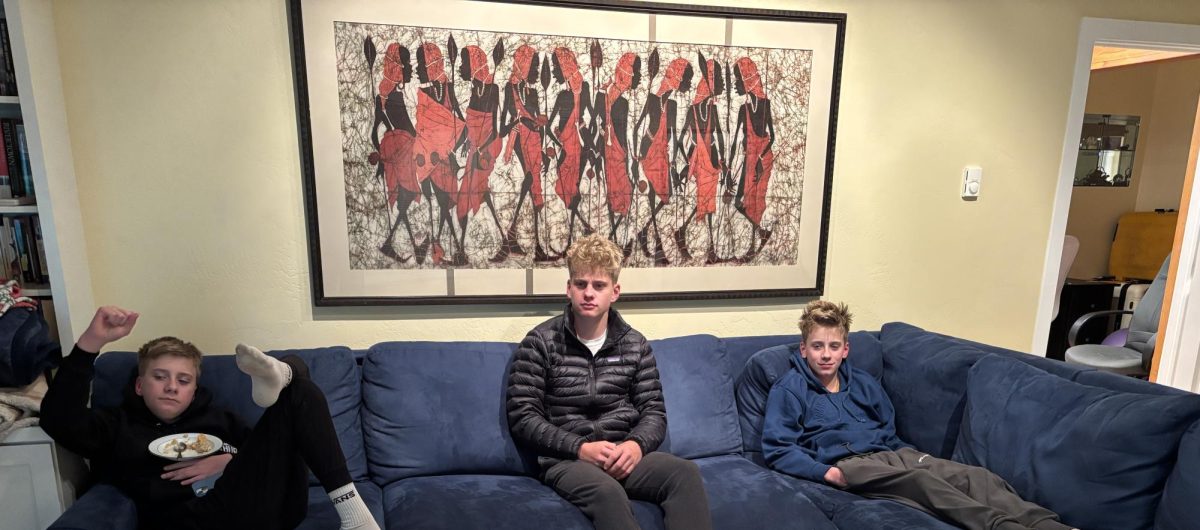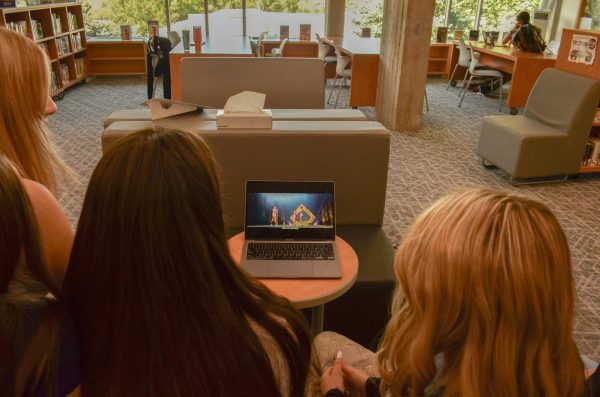Editorial: the U.S. education system’s failure to teach Black History
The idea to recognize Black History in the month of February came from the father of Black history himself, Carter G. Woodson in 1926. However, the recognition of February as Black History Month did not begin nationally until 1967, almost 12 years after the end of segregation and more than 100 years after the abolishment of slavery. The President at the time, Gerald Ford, encouraged the nation to, “seize the opportunity to honor the too-often neglected accomplishments of Black Americans in every area of endeavor throughout our history.” Unfortunately, this did not completely come to fruition.
A few weeks ago, parents of students attending Maria Montessori Academy in North Ogden, Utah were given the opportunity to excuse their children from the planned Black History Curriculum. This news went viral, and less than a week later, the school rescinded the option to opt-out of non-Eurocentric material and has since apologized. Even though steps were taken to correct the mistake, it is embarrassing that the curriculum is still segregated. The fact that we as a nation cannot come together to honor Black history while recognizing the atrocities of the past is saddening.
The Montessori Academy is not alone in neglecting the history and achievements of Black Americans. Nationwide, schools struggle with presenting the whole story of the Civil Rights Movement, highlighting the contributions to society made by Black Americans, and ensuring that students understand the impact systemic racism has had on the United States for the last 300 years. These are undoubtedly large topics to handle, but discussions about them are crucial to creating a more inclusive, equitable, and diverse nation. This Black History Month, and in every month that follows, we as Americans must reckon with the disturbing and oppressive history of our nation and learn from our mistakes. Let us engage in conversation for the betterment of our nation through the understanding of history through the eyes of minorities, then follow this up with productive activism and change.
Though AHS prides itself on being a progressive school, the lack of black history is apparent in history courses here as well. Over the course of high school, AHS students take Civics, Geography, U.S. History, and have the option to take either IB Global History or World History their junior and senior year. None of these classes cover subjects such as slavery, reconstruction, or the Civil War. While the Civil Rights movement is taught in these classes, students are often presented with a censored picture of the truth.
IB History is the advanced path for AHS students in history, but most Black history is not part of the curriculum. IB SL History teachers are given a list of 17 topics to choose from to teach each year, none of which involve Black history other than the Civil Rights Movement. The advertised goal of IB classes is, “To develop inquiring, knowledgeable and caring young people who help to create a better and more peaceful world through intercultural understanding and respect,” according to the IB website. However, the lack of representation of Black history in their curriculum reflects the opposite of that goal.
It is essential that AHS, and other schools in the U.S., teach Black history in order to avoid repeating mistakes of the past. At a school with scarce racial diversity, students need to be taught Black history in order to create mindful and informed members of society. If we do not educate youth on America’s atrocities, we are failing our students in every way.
Black history topics students at AHS should be taught: The slave trade, slavery in the south, the Civil War, reconstruction/ emancipation, transition from emancipation into segregation, Jim Crow laws, the Civil Rights movement, desegregation, the creation of ghettos, police policy and the pushing of drugs in Black communities, and racism in today’s society.
Inspired to learn more about Black history this month but don’t know where to begin? Here is a non-comprehensive list of ways to celebrate and make a change this Black History Month: read texts from Black authors to truly understand Black history from a Black perspective, re-evaluate your knowledge about Reconstruction, support Black-owned businesses, donate to organizations working to promote Black culture, relearn stories about Civil Rights Movement leaders and take a deep dive into White Fragility and privilege.




























